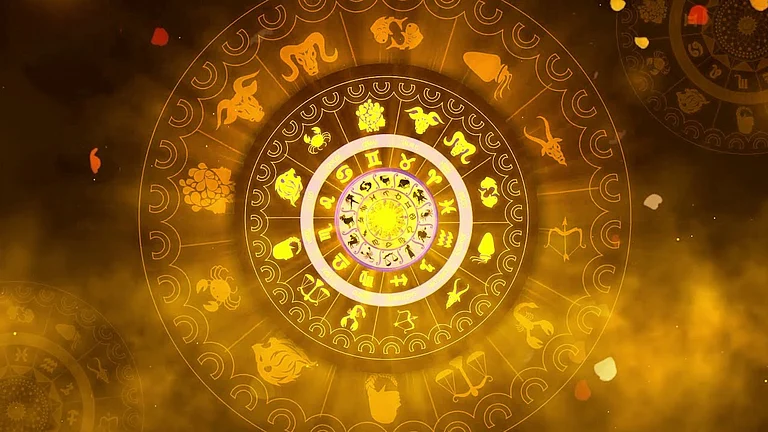Celine Dion's sister, Claudette, shared an update on the acclaimed singer's health, a year after revealing her diagnosis with stiff-person syndrome.
According to Claudette, the 55-year-old artist is facing challenges with muscle control due to a rare neurological disorder. "She's working hard," Claudette stated, expressing sadness over the fact that Dion, known for her discipline and hard work, is now grappling with health issues.
Claudette also disclosed, "It's true that in both our dreams and hers, the goal is to return to the stage. In what capacity? I don't know."
This update follows Celine Dion's public revelation of her diagnosis on December 8, 2022. In an Instagram video, she candidly shared her struggles with the "very rare" stiff-person syndrome, affecting various aspects of her daily life, including walking and singing.
"I wasn't ready to say anything before, but I'm ready now," she noted in an Instagram video.
"I've been dealing with problems with my health for a long time, and it's been really difficult for me to face these challenges and to talk about everything that I've been going through," she added.
The Grammy winner further revealed, "The spasms affect every aspect of my daily life."
Dion acknowledged the difficulties the disorder had caused in her walking and singing, and she announced that she would not be ready to restart her tour in Europe in February 2023.
"I'm working hard with my sports medicine therapist every day to build back my strength and my ability to perform again. But I have to admit, it's been a struggle," she added.
Stiff-person syndrome, alternatively known as SPS or Moersch-Woltman syndrome, is an uncommon autoimmune movement disorder impacting the central nervous system. This condition results in persistent pain and spasms, often triggered by factors such as noise, emotional distress, and gentle physical contact.


























